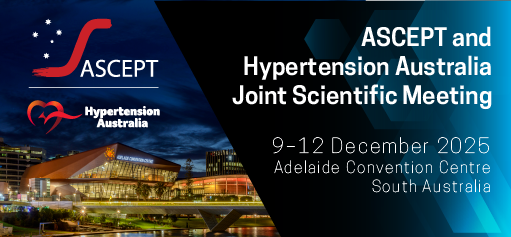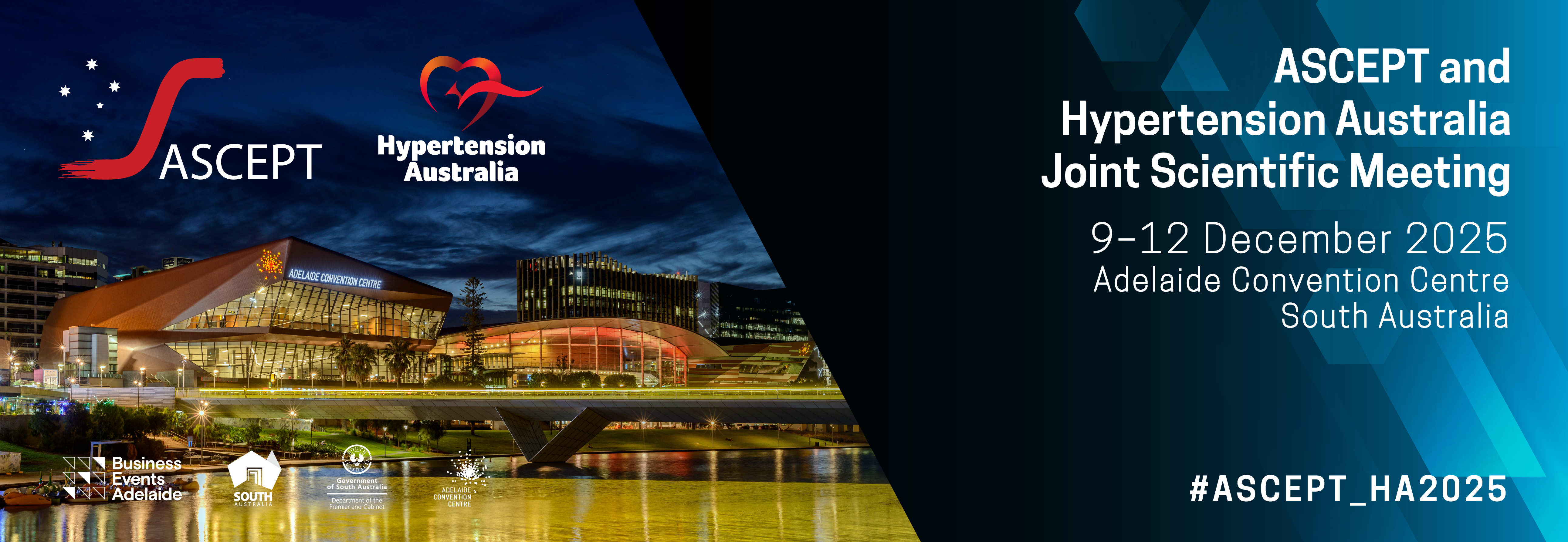Invited speakers
The 2025 ASCEPT and Hypertension Australia Joint Scientific Meeting features an exceptional lineup of international and national experts at the forefront of pharmacology, toxicology, and hypertension research and clinical practice.
This meeting presents a unique opportunity to engage with experts who are shaping the future of pharmacological interventions, toxicology research, and hypertension management across Australasia and beyond.
Speakers are listed in order of presentation time.

Prof Arduino Mangoni
Opening Keynote
Tuesday 9 December
Prof Arduino Mangoni
Arduino Mangoni is a Strategic Professor of Clinical Pharmacology at Flinders University, Senior Consultant in Clinical Pharmacology and General Medicine, and Head of the Department of Clinical Pharmacology at Flinders Medical Centre.
Professor Mangoni has contributed to the development and updates of the ‘Australian Hypertension Guidelines,’ the ‘Australian Guidelines on the Use of Ambulatory Blood Pressure Monitoring for the Management of Hypertension,’ and the SIGN guidelines on the ‘Management of Chronic Pain.’
He has received approximately $15 million in research funding and published 454 articles and 24 book chapters in the fields of cardiovascular pathophysiology and pharmacology, geriatric pharmacology, biomarker discovery, and drug discovery/repurposing. He co-edited the books “Prescribing for Elderly Patients” and “Optimizing Pharmacotherapy in Older Adults – An Interdisciplinary Approach.” He is the Editor-in-Chief of “Therapeutic Advances in Drug Safety” and Senior/Executive Editor of “Age & Ageing” and “British Journal of Clinical Pharmacology.”
Professor Mangoni was named a Fellow of the British Pharmacological Society in 2012 and a Fellow of the International Society of Hypertension in 2020 for his exceptional work in hypertension research and patient care. In 2019, he received an Honorary Professorship in Clinical Pharmacology from Technische Universität Dresden.
Repurposing the repurposed: the evolving journey of methotrexate
Experimental and clinical evidence continues to grow, supporting the critical role of dysregulated inflammation, immunity, and redox signalling in the pathophysiology of cardiometabolic diseases such as atherosclerosis, diabetes, and hypertension. While much research is ongoing to discover new anti-inflammatory and immunomodulatory treatments for these conditions, existing anti-rheumatic drugs may serve a similar purpose. One such drug, methotrexate, has been successfully used at high doses since the 1940s as an anticancer agent and, more recently, repurposed at lower doses as an anti-inflammatory and immunomodulating agent in patients with autoimmune diseases. Epidemiological studies over the past 20 years have also shown that low-dose methotrexate treatment is associated with a decreased risk of atherosclerotic cardiovascular disease, hypertension, and diabetes in patients with autoimmune conditions. This knowledge has prompted intervention studies investigating the effects of low-dose methotrexate on blood pressure and cardiovascular risk in patients both with and without autoimmune disorders. While methotrexate’s therapeutic effects have traditionally been associated with its antiproliferative activity through modulation of folate metabolism, several additional targets have been identified more recently. These include AMP-activated protein kinase, Janus kinase/signal transducer and activator of transcription, high mobility group box 1 protein, gut microbiota, and other pharmacological effects of adenosine, a key mediator of methotrexate’s anti-inflammatory actions. The available evidence suggests the potential for further repurposing of methotrexate to prevent and manage cardiometabolic diseases in specific patient groups and emphasizes the importance of pharmacogenetic factors in identifying these groups.
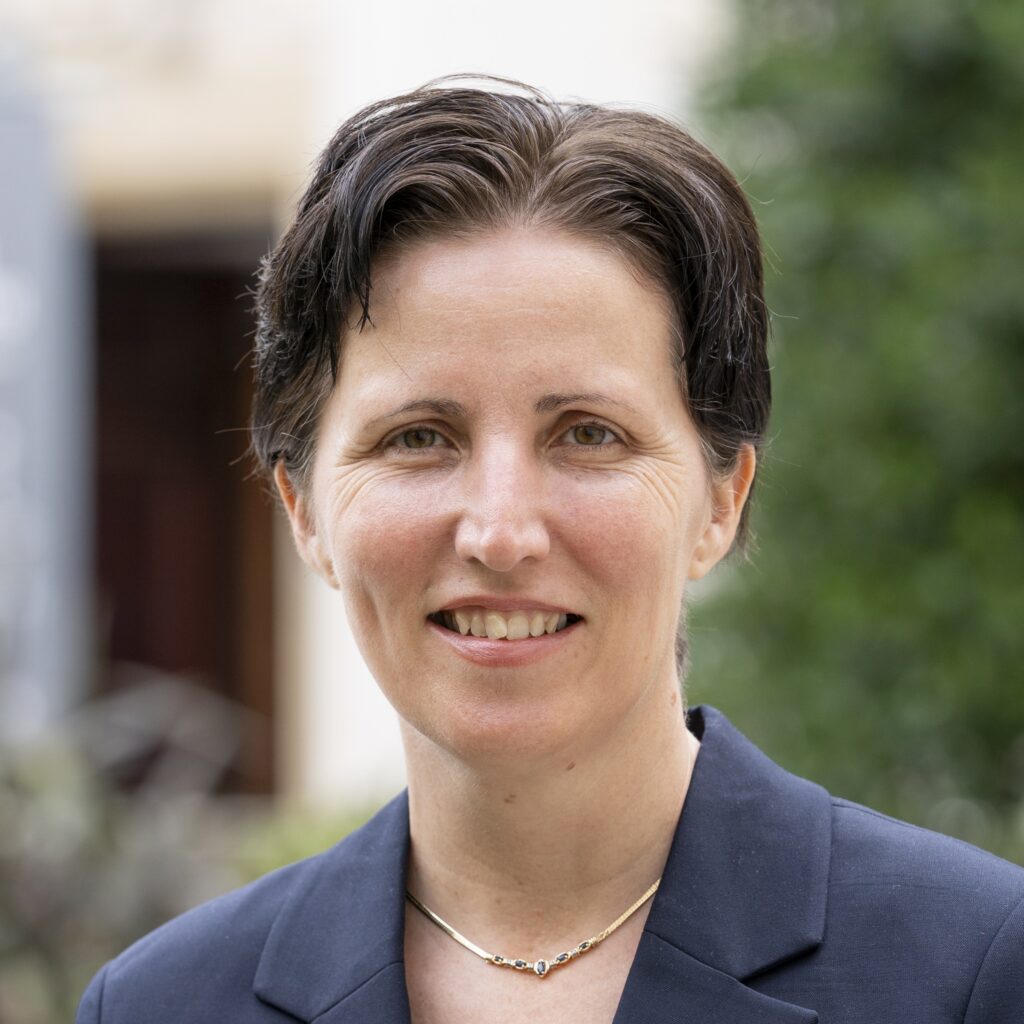
Prof Jeanette Woolard Isaac
BPS Lecturer
Wednesday 10 December
Prof Jeanette Woolard Isaac
Prof Woolard Isaac leads one of the few laboratories in the world capable of monitoring complex cardiovascular responses in conscious animals. Her in vivo laboratory is internationally recognised for its unique capability to measure regional blood flow across three distinct vascular beds in conscious subjects. This expertise has enabled her to secure major external research grants and foster impactful collaborations with industry partners including AstraZeneca, Promega, Heptares, and Medicines Discovery Catapult. She has also established major international research collaborations with teams across Europe, the USA, and Australia. She is a co-applicant on a £2 million MRC programme grant and serves as Principal Investigator on a recently awarded £4.5 million Wellcome Trust four-year PhD programme in Drug Discovery and Team Science. Additionally, she is the Nottingham lead on a €3.8 million European Commission-funded Marie Skłodowska-Curie Actions ITN INSPIRE project (INnovation in Safety Pharmacology for Integrated cardiovascular safety assessment to REduce adverse events and late-stage drug attrition). Since January 2021, she has served as the Nottingham Director of the £10 million Centre of Membrane Proteins and Receptors (COMPARE), following her role as Deputy Director since the Centre’s inception. In 2020, she was awarded a Fellowship by the British Pharmacological Society and received the Vice-Chancellor’s Medal from the University of Nottingham in recognition of her contributions to Team Science. More recently, she was honoured with the BPS/AstraZeneca EDI Prize for her continued leadership in research culture development. Her research has led to highly cited publications in the areas of cancer and angiogenesis, with recent high-impact papers published in Cell Chemical Biology, Communications Biology, FASEB Journal, British Journal of Pharmacology, and Biochemical Pharmacology. Her work focuses on elucidating the molecular pharmacology of vascular endothelial growth factor (VEGF-A) isoforms and VEGFR2 receptors. She has contributed to the development of fluorescent ligands to study VEGFR2 (in collaboration with Promega), and has applied NanoBRET approaches to monitor GPCR target engagement in tumours in vivo (in partnership with Monash University). Her laboratory continues to explore the mechanisms underlying the hypertensive effects of receptor tyrosine kinase inhibitors, particularly those targeting VEGF pathways. In September 2024, she assumed the role of Associate Pro-Vice-Chancellor for the Research Academy and Research Culture Development. As a member of the University of Nottingham’s senior strategic leadership team, she is focused on enhancing student engagement, experience, and learning. Her aim is to ensure the University remains at the forefront of research and teaching excellence, particularly at the postgraduate level. Central to this is her commitment to supporting supervisory teams, fostering an exceptional research environment, and ensuring the student voice is valued and aligned with the University’s strategic priorities.

Assoc Prof Jens Titze
RD Wright Lecturer
Wednesday 10 December
Assoc Prof Jens Titze
I began working on salt and water homeostasis as a medical student in 1991. At that time, the generally accepted belief was that body Na+ content is constant, and that any increase would elevate blood pressure. Measuring Na+ balance in humans preparing for long-term space missions, however, we found that rhythmically Na+ dis- and re-appeared from an at that time invisible storage site. Developing novel tools, we saw that rodents and humans store large amounts of Na+ under their skin and in skeletal muscle, and that the storage process is physiologically regulated. This new way of thinking about the body fluids quickly delivered new research avenues in immunology (immunological host defence and auto-immunity), endocrinology (insulin resistance, diabetes mellitus, and metabolic muscle function), and cardiovascular disease (hypertension research, heart failure). Today, our clinical research revolves around the fact that Na+ storage is secondary to intracellular K+ depletion, and that increasing K+ intake effectively reverses this process; with beneficial effects on blood pressure. In the basic research arena, we dream of solving a general methodological-physiological root problem in the field: our inability to visualize and quantify Na+ and K+ distribution disorders inside diseased cells at the µm scale in intact, hydrated organs.
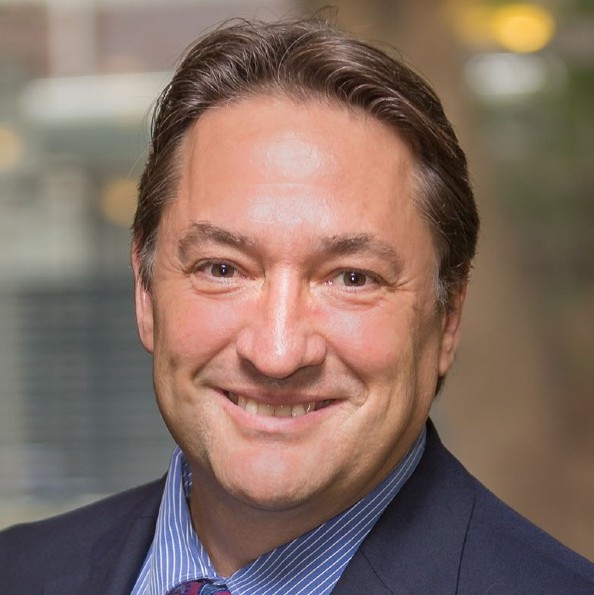
Prof Michael Stowasser
Prof Michael Stowasser
Michael is currently Director of the Hypertension Units and of the Endocrine Hypertension Research Centre within the University of Queensland Frazer Institute at Greenslopes and Princess Alexandra Hospitals in Brisbane. He has over 30 years clinical research experience in pathogenesis and management of hypertension and especially of endocrine varieties including primary aldosteronism, renovascular hypertension, pheochromocytoma and familial hyperkalemic hypertension. Working with mentor Richard Gordon, he helped to demonstrate that primary aldosteronism is at least 10 times more common than previously thought, and is the commonest specifically treatable and potentially curable form of hypertension. Subsequent studies have involved determining genetic bases for primary aldosteronism, examining non-blood pressure dependent effects of aldosterone excess, improving methods of detection, diagnostic workup and management of primary aldosteronism, exploring the pathogenesis and genetics of other salt sensitive forms of hypertension (including familial hyperkalemic hypertension) and investigating how dietary potassium lowers blood pressure.
Hormones and Hypertension; Medicine and Music
Michael Stowasser (MS) has 35 years clinical research experience in human hypertension (HT), and especially endocrine varieties such as primary aldosteronism (PA). Working within the Greenslopes Hospital Hypertension Unit (GHHU), he helped demonstrate that PA is 10 times more common than previously thought and to account for approximately 10% of HT, making it the commonest specifically treatable, potentially curable variety, and in the description of a new familial form (FH-II) which led to the elucidation of its genetic basis (published in Nature Genetics). The combined GHHU/Princess Alexandra Hospital HT Unit (set up by MS in 2000) has possibly the largest series (>2500) worldwide of patients with PA who have been thoroughly documented and meticulously studied, helping MS to become internationally recognized as an authority on pathogenesis/genetics, diagnostic workup and management of PA. MS served on an Endocrine Society international working group to develop the first guideline for diagnosis and management of PA in 2006 (cited >1200 times) the second in 2016 (cited >1900 times) and the third as Co-Chair from 2023-5. MS conceived, developed and validated the seated saline suppression test which has since become the favoured method for definitively confirming the diagnosis of PA. He has also made major contributions to the understanding of how various physiological and pharmacological factors affect the aldosterone/renin ratio as a screening test for PA and in optimizing approaches to adrenal venous sampling, the most reliable method of differentiating unilateral (surgically curable) from bilateral varieties. MS’s other great loves are his wife of almost 30 years, Danielle, his extended family, his dogs and his passion for playing music which helped fund his undergraduate years.

Prof Seth Masters
Austin Doyle Lecturer
Thursday 11 December
Prof Seth Masters
Prof Seth Masters is Centre Head of the Centre for Innate Immunity and Infectious Disease at the Hudson Institute of Medical Research (Australia). He has uncovered the genetic basis for several autoinflammatory diseases and continues to manage the associated Australian Registry, AADRY. Mechanistically this work has defined the innate immune pathways driving inflammation as a result of aberrant proteasome function, retrograde transport and mitochondrial homeostasis. This has led to improved understanding of innate immune pathways in complex disorders such as inflammatory bowel disease and motor neuron disease. Prof Masters is a Scientific Advisor for NRG Therapeutics (UK) and Odyssey Therapeutics (USA) and was appointed as a Fellow of the Viertel Foundation, HHMI-Wellcome Trust and the NHMRC.
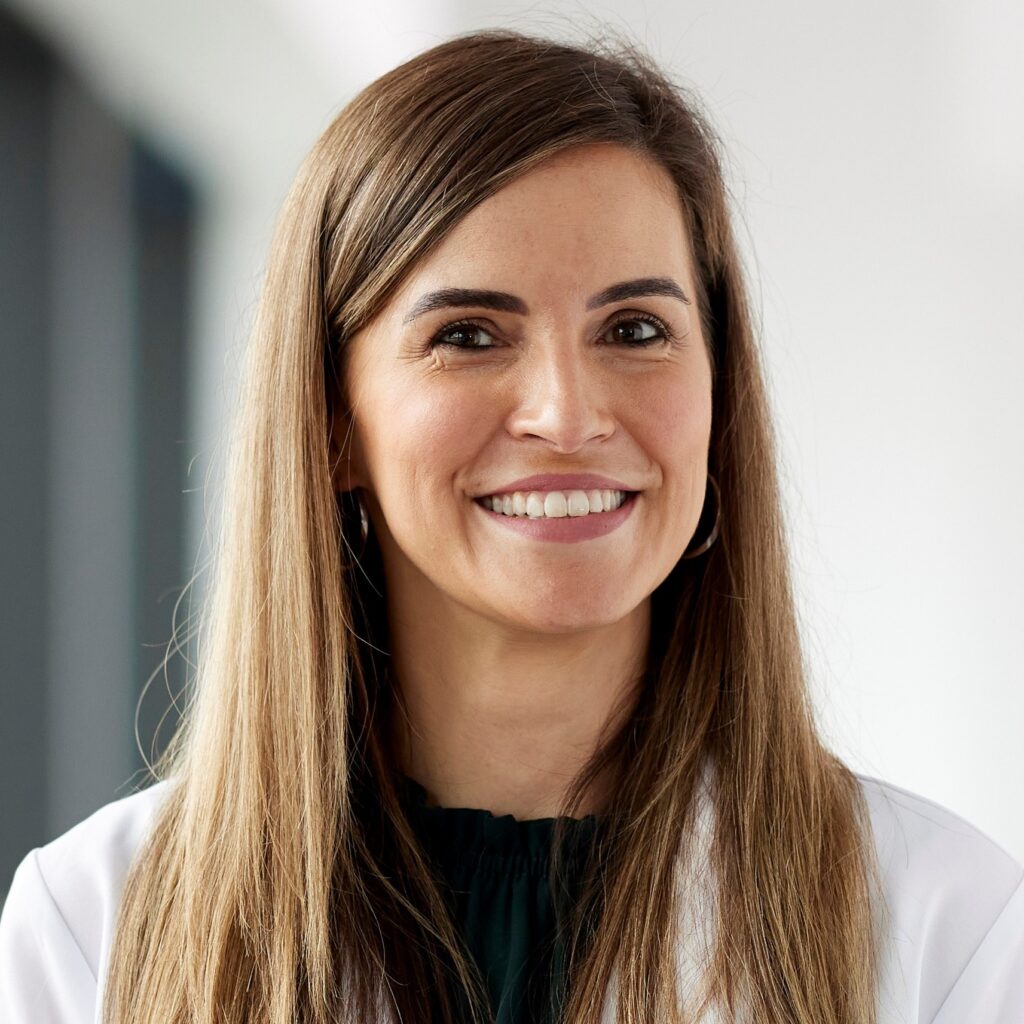
Prof Francine Marques
Colin I Johnston Lecturer
Thursday 11 December
Prof Francine Marques
Professor Francine Marques is a National Health and Medical Research Council (NHMRC) Emerging Leader, Viertel Charitable Foundation, and National Heart Foundation Fellow. She completed a PhD in genomics at the University of Sydney in 2012, followed by postdoctoral training supported with NHMRC and Heart Foundation fellowships. Since 2018, Prof Marques leads the Hypertension Research Laboratory at Monash University, currently based at the Victorian Heart Institute, where she serves as Deputy Director (Discovery). Her team aims to build exceptional scientists that help improve cardiovascular health, using translational approaches to lower blood pressure via the gut microbiome. Her research program has attracted over $12 million in competitive funding and resulted in over 140 peer-reviewed papers and 34 awards, including the 2019 American Heart Association Hypertension Council Goldblatt Award, the 2020 High Blood Pressure Research Council of Australia and 2021 International Society of Hypertension Mid-Career Awards, the 2021 Australian Academy of Science Gottschalk Medal, and the 2024 Australian Society of Medical Research Peter Doherty Leading Light Award.
Rewriting blood pressure control through the gut microbiome: A translational odyssey
Cardiovascular disease and stroke account for 32% of all deaths globally. A key risk factor for these diseases is high blood pressure. Diet is an essential player in preventing these diseases – for example, diets high in salt are associated with higher blood pressure, while diets high in fibre are associated with lower blood pressure. Besides decades of clinical and epidemiological evidence, the mechanisms driving the association between dietary fibre and lower rates of cardiovascular disease and stroke remained unclear. Our research has pioneered the concept that dietary fibre protects against these diseases by manipulating the gut microbiota. Here, we will present key evidence from a combination of experimental and human studies of how gut microbiota-derived metabolites called short-chain fatty acids (SCFAs) facilitate gut-to-host communication that affects the immune system and results in an increase in blood pressure. These new mechanisms, primarily regulated by two classes of G-protein-coupled receptors, represent novel treatment targets for hypertension and associated diseases.

Assoc Prof Christophe Stove
Closing Keynote Address
Friday 12 December
Assoc Prof Christophe Stove
Christophe Stove is associate-professor at Ghent University, Belgium, where he heads the Laboratory of Toxicology at the Faculty of Pharmaceutical Sciences. Besides teaching several courses and being in charge of forensic toxicology service activities, he is an active researcher. Tow research lines can be distinguished: microsampling applications and associated challenges in the context of therapeutic drug monitoring and toxicology, and the pharmacological characterization and screening of new psychoactive substances. He was the promotor of over 20 PhDs and has published almost 300 peer-reviewed publications, which collectively have been cited over 10000 times (Google Scholar). He is currently Board/Council Member of 2 national (BLT, KBGGG) and 2 international (TIAFT and IATDMCT) associations.
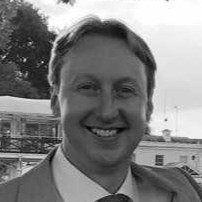
Dr Jamie Kitt
BIHS Lecturer
Thursday 11 December
Dr Jamie Kitt
Dr Jamie Kitt is a dual accredited Cardiology & General Internal Medicine (GIM) Consultant trained in Oxford & Thames Valley, United Kingdom. He has sub-specialty training in Echo, Cardiac magnetic resonance (CMR), Cardiac CT, and Hypertension, the latter of which complements his research expertise within hypertensive pregnancy. He now works as an imaging cardiologist in London for the NHS and continues his post-doctoral research in Oxford in Hypertensive Pregnancy.
He completed a PhD studying the cardiac complications of hypertensive pregnancy between 2018-2022. Under the supervision of Prof Paul Leeson, he was awarded a British Heart Foundation fellowship during which they performed a randomized trial on post-partum self-management of hypertensive pregnancy (POP-HT). This resulted in several high-impact publications in the field of hypertensive pregnancy, with the key POP-HT trial papers published in JAMA, Hypertension and Circulation to coincide with the trial’s presentation at American Heart Association’s late breaking Science in November 2023. He was awarded the early career research award of the British and Irish Hypertension Society in Autumn 2024 and the University of Oxford Graduate Prize Award in March 2025 for this body of work. The vascular paper is pending publication in Hypertension and the brain and renal outcomes from are under peer review. Prof Leeson and Dr Kitt are now collaborating in a multi-center PCORI funded trial of postpartum BP self-management in the USA, the multi-center validation of POP-HT in the UK (SNAP2), and help run dedicated postpartum hypertension clinics in Oxford and London. Dr Kitt looks forward to sharing this body of work at the Australian Hypertension society in late 2025 and working with Prof Larry Chamley to adapt the principles developed in POP-HT to the New Zealand model of postpartum care during a visiting lectureship in December 2025

Prof Grant Drummond
ASCEPT Rand Medalist
Thursday 11 December
Prof Grant Drummond
Professor Grant Drummond is a pharmacologist and vascular biologist with over 30 years of experience in research and tertiary education. He holds senior leadership positions at La Trobe University including Co-Director of the Centre for Cardiovascular Biology and Disease Research and Associate Dean (Research Partnerships) for the School of Agriculture Biomedicine and Environment. Grant Drummond’s research is focussed on understanding the roles of oxidative stress and the immune system in hypertension and its downstream complications including kidney disease, heart failure and atherosclerosis. His work has shown that hypertension is associated with activation of T cells, B cells and macrophages. These immune cells then accumulate in key blood pressure-regulating organs such as the blood vessels, kidneys, heart and brain, where they promote inflammation and tissue damage via the release of pro-inflammatory cytokines (e.g. interleukin 18, interferon-g) and autoantibodies. The long term goals of Grant Drummond’s research are to develop novel therapies that alleviate hypertension and end organ damage by dampening inflammation. Grant Drummond has over 180 publications and his work has received more than 17,500 citations. His work has been continuously supported by the NHMRC and Heart Foundation of Australia for >20 years. He is a Fellow of the American Heart Association, and Associate Editor for the British Journal of Pharmacology, Cardiovascular Research and Pharmacology and Therapeutics.
